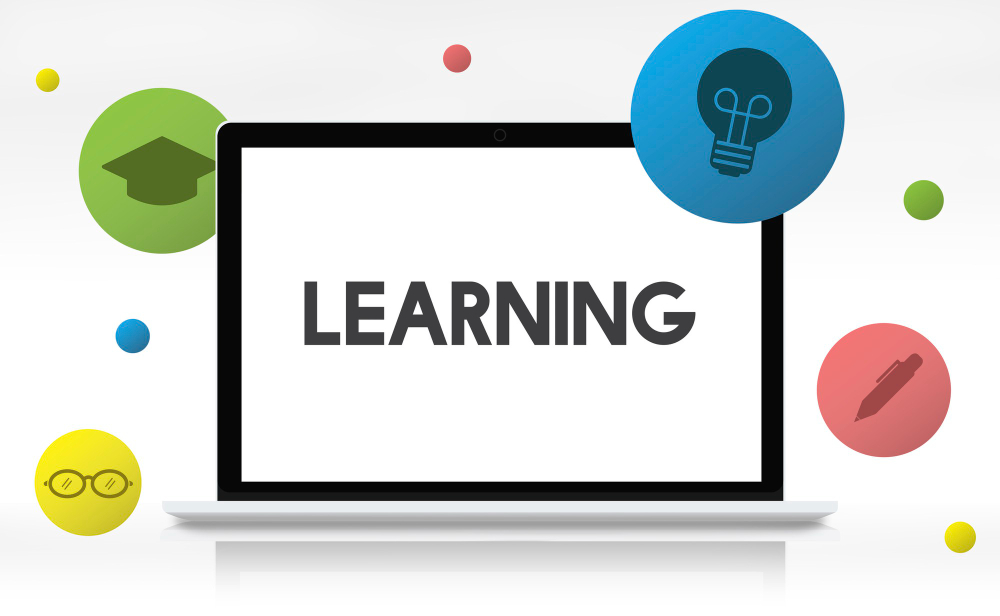Harnessing the power of cognitivism provides a transformative approach to personalized eLearning. Cognitivism, a learning theory rooted in understanding mental processes, can be instrumental in creating personalized learning experiences. Understanding how learners process information allows eLearning professionals to tailor methods that enhance individual learning pathways. By focusing on cognition, educators can promote skills like critical thinking and problem-solving, essential for personal growth and knowledge retention. This focus on cognitive processes ensures that learning is not only efficient but also deeply individualized, catering to unique learner needs and preferences.
To effectively employ cognitivism in personalized eLearning, setting clear goals tailored to individual learners is essential. Personalization starts by understanding the learner’s objectives, strengths, and areas for improvement. This involves conducting initial assessments to gather insights into prior knowledge and learning potential. These insights inform the development of personalized learning paths, ensuring that each learner’s journey is relevant and focused. By aligning content with individual goals, learners are more motivated to engage actively with the material, enhancing the overall learning experience and ensuring that learning objectives are met more efficiently.
Designing interactive content that stimulates cognitive processes is crucial for individualized eLearning experiences. Interactive elements like quizzes, simulations, and scenario-based tasks engage learners on a deeper cognitive level, promoting active participation and critical analysis. These activities encourage learners to apply new knowledge in dynamic ways, fostering a deeper understanding of the material. The interactive nature of these elements helps learners connect new information with existing knowledge, strengthening mental associations and improving retention. By incorporating interactive content, educators can address diverse learning styles, making the experience more meaningful and effective.
Utilizing adaptive technologies can significantly enhance the personalization of eLearning. These technologies analyze learner interactions and adjust the delivery of content in real time, ensuring it aligns with the learner’s pace and comprehension level. For instance, if a learner struggles with a particular concept, adaptive systems can offer additional resources or alternative explanations to support understanding. Conversely, if a learner excels, the system may introduce more complex material to maintain engagement and challenge. This adaptability ensures that learners receive the right support at the right time, optimizing the learning experience and maximizing knowledge acquisition.
Incorporating metacognitive strategies encourages learners to take control of their learning journey. Metacognition involves reflecting on one’s learning processes, strategies, and outcomes, promoting self-regulation and autonomy. Educators can foster metacognitive skills by encouraging learners to set goals, monitor their progress, and evaluate the effectiveness of their learning strategies. By prompting learners to think about how they learn and make adjustments as needed, eLearning becomes a more intentional and self-directed endeavor. This empowerment not only boosts confidence but also enhances the learner’s ability to transfer skills and knowledge to new contexts.
Fostering social interactions within eLearning environments supports cognitive development through shared experiences and collaboration. Discussion forums, group projects, and peer feedback activities encourage learners to exchange ideas, debate concepts, and build on each other’s insights. Social learning fosters a sense of community, reducing feelings of isolation common in online learning settings. These interactions stimulate cognitive engagement and provide opportunities for learners to reflect on diverse perspectives. By incorporating social elements, educators can create a collaborative environment that enhances understanding, critical thinking, and problem-solving skills.
Providing timely and constructive feedback is vital for reinforcing personalized learning paths and cognitive growth. Feedback should be specific, actionable, and focused on guiding learners toward improvement. It should encourage learners to reflect on their performance and consider alternative strategies for tackling challenges. Constructive feedback helps learners identify strengths and areas for development, promoting continuous improvement and boosting confidence. By integrating regular, insightful feedback into eLearning courses, educators support learners in making informed decisions about their learning strategies, leading to more effective and personalized educational experiences.
